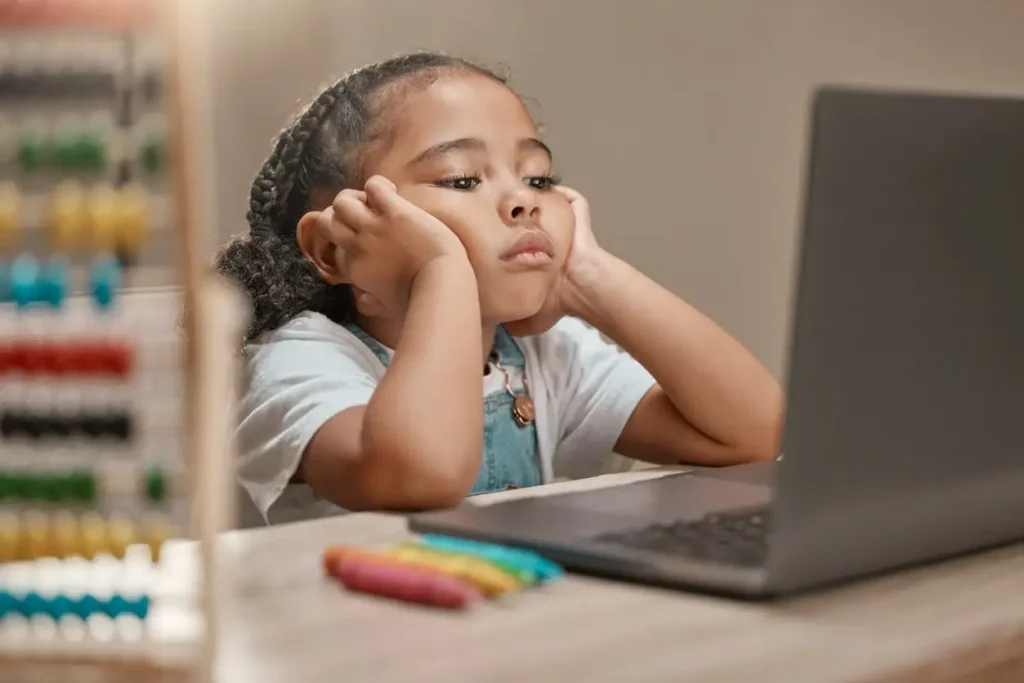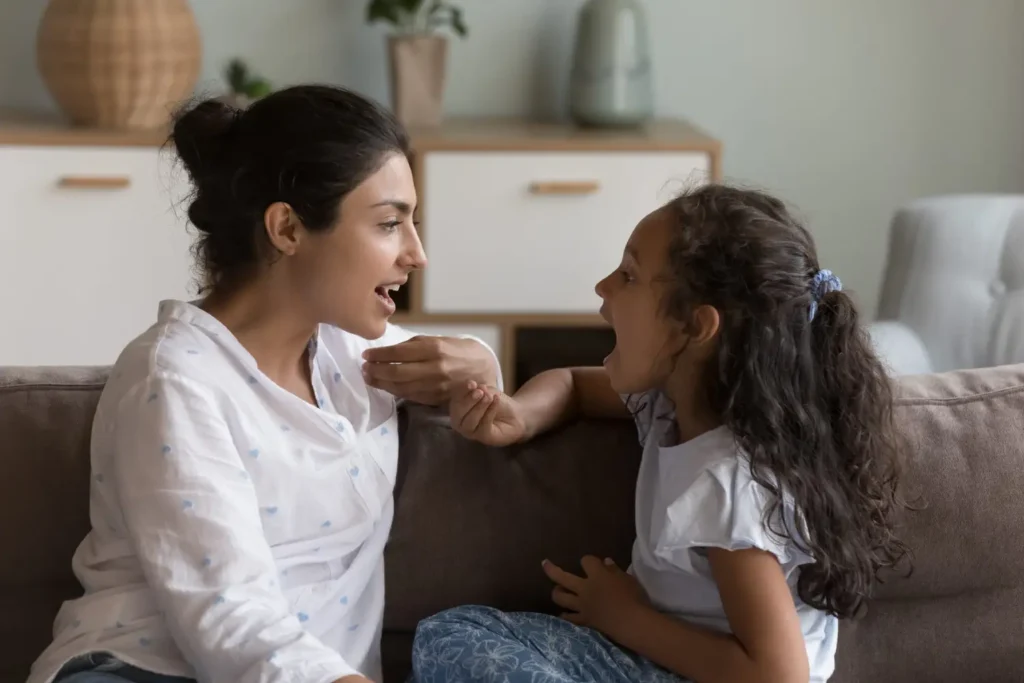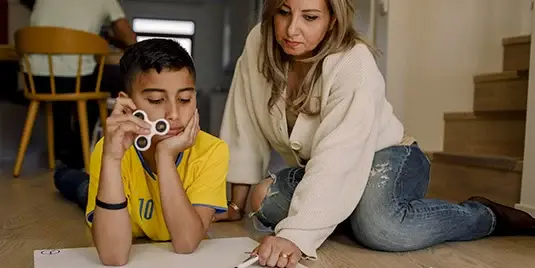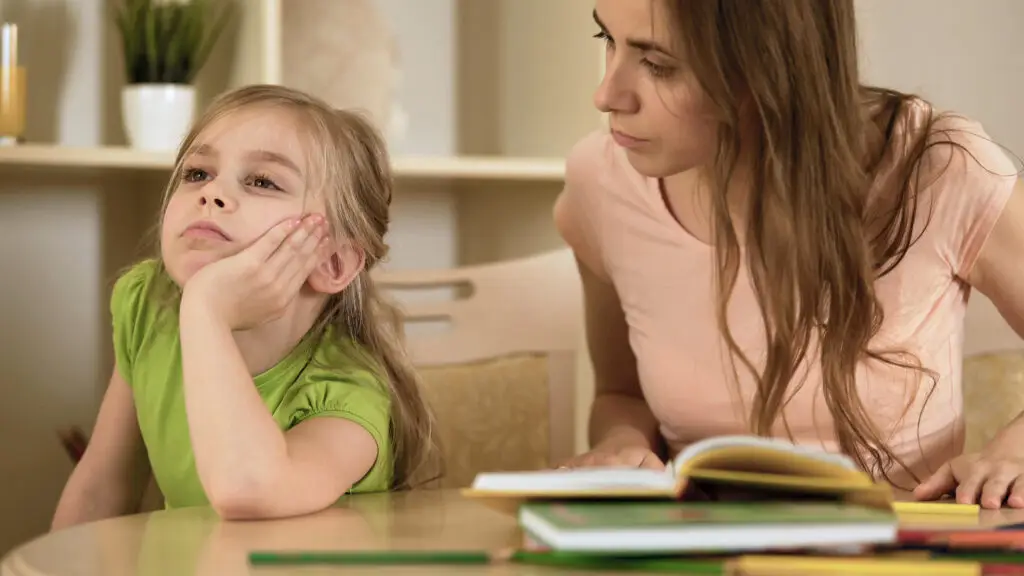Do you think your child might have attention deficit hyperactivity disorder (ADHD)?
Well, ADHD is a neurodevelopmental disorder that affects millions of children (nearly of age 7) worldwide. It typically manifests as difficulties with attention, hyperactivity, and impulsiveness that are not appropriate for a child’s age.
Have you noticed recent changes in your child’s behavior that make you wonder? Are they having trouble focusing, constantly moving, or acting on impulse more than other children their age? If these questions ring true, we’ve got you covered. In this blog, we’ll dive into the signs and symptoms of ADHD, provide a free test to help assess your child, explore potential causes, and discuss effective treatments. Whether you’re just starting to explore the possibility of ADHD or are seeking ways to manage it better, this guide is here to support you every step of the way.
Contents
Is It ADHD? Take Our Free Online Test
Wondering if your child’s behavior could be a sign of ADHD? It’s not always easy to tell, especially since many ADHD symptoms can seem like typical childhood behaviors. That’s where our free online test can help.
Click the button below to start the test now!
Understanding ADHD: What Causes It?

The exact causes of ADHD are not entirely understood, but research shows that a combination of genetics, brain structure, and environmental factors plays significant roles. Here’s a breakdown to help you understand the origins of ADHD:
- Genetics: ADHD tends to run in families. Studies suggest that if a parent or sibling has ADHD, the likelihood of a child having it significantly increases. This points to strong genetic influences.
- Brain Structure and Function: Brain imaging studies have found that certain areas of the brain may be smaller or less active in individuals with ADHD, which can affect attention and behavior control.
- Environmental Factors: Exposure to certain environmental factors, such as lead during early childhood or prenatal exposure to alcohol and tobacco, can increase the risk of developing ADHD. Additionally, extreme prematurity at birth or significantly low birth weight may also contribute to the risk.
Understanding these factors can reassure parents that ADHD is a medical condition influenced by multiple elements, and not something caused by parenting or social circumstances. If you’re seeing signs of ADHD in your child, remember, it’s not your fault. Many parents face this challenge, and recognizing the problem is the first step toward finding effective solutions.
Recognizing ADHD Symptoms in Children

Identifying ADHD in children involves observing specific behaviors that go beyond typical childhood antics. While it’s normal for children to occasionally forget their homework, daydream during class, or get fidgety, ADHD may be a consideration if these behaviors are frequent and severe. Here are the key symptoms to watch for, grouped into three main categories:
- Inattention: Children with ADHD often struggle to stay focused. They may have difficulty following through on instructions, make careless mistakes in schoolwork, and seem not to listen when spoken to directly. They might also have trouble organizing tasks and activities or frequently lose necessary items like toys, homework, or books.
- Hyperactivity: This symptom is usually displayed as constant motion. Children might run around inappropriately, have difficulty playing quietly, or talk excessively. They often fidget, tap, or squirm when seated and may not stay seated when expected to in the classroom or other settings.
- Impulsivity: Impulsivity in children with ADHD can manifest as blurting out answers before questions have been completed, difficulty waiting their turn in conversations or games, and interrupting or intruding on others’ activities. They may also make hasty decisions without considering the long-term consequences.
If these signs are familiar and you’re concerned they are impacting your child’s daily life, it may be helpful to consult a professional for evaluation.
Treatment Options for ADHD: Finding What Works

Finding the right treatment for a child with ADHD is crucial and often requires a personalized approach. What works well for one child might not be as effective for another. Here are a few treatment options that can be tailored to fit your child’s unique needs:
- Medication: Stimulants are the most common type of medication prescribed for ADHD, known for their effectiveness in increasing concentration and decreasing impulsivity and hyperactivity. Non-stimulant medications are also available and can be an option if stimulants aren’t suitable.
- Behavioral Therapy: This form of therapy helps children develop skills to manage their behavior and emotional responses. It involves working with a therapist to learn techniques for organizing tasks, completing schoolwork, and handling emotionally charged situations. Parents may also be involved in the therapy sessions to better support their child at home.
- Lifestyle Changes: Simple changes in daily life can significantly impact a child’s well-being. Consistent routines, a healthy diet, regular physical activity, and sufficient sleep are all crucial. These lifestyle adjustments can help improve overall focus and self-control.
- Parental Training: Programs that train parents in specific ways to support their ADHD child can be highly effective. These programs often teach strategies for positive reinforcement, consistent discipline, and stress management techniques.
- Social Skills Training: This training can be particularly beneficial, as children with ADHD often struggle with social interactions. It focuses on practical skills like taking turns, sharing, and responding appropriately in social situations.
It’s important to discuss all available options with your child’s healthcare provider to determine the best treatment plan based on their specific symptoms and needs. Remember, managing ADHD is a journey, and adjustments may be needed as your child grows and changes.
Managing ADHD at Home: The Role of Parents

As a parent, playing an active role in managing your child’s ADHD at home is crucial. For this, here are some practical tips to effectively manage ADHD symptoms and foster a nurturing home life:
- Establish Routines: Children with ADHD often thrive when they have a predictable schedule. Set up consistent daily routines for morning, after-school activities, homework, dinner, and bedtime. Clear expectations and structure can reduce anxiety and help children feel secure.
- Create Organized Spaces: Keep your home organized and have a specific place for everything your child needs, like school supplies, toys, and clothes. This can help reduce distractions and make it easier for your child to maintain focus and complete tasks.
- Use Visual Aids: Visual schedules, charts, and checklists can be incredibly helpful for children with ADHD. They serve as reminders of what needs to be done and can help your child navigate their day with less confusion and more independence.
- Break Tasks into Manageable Pieces: Large tasks can be overwhelming for a child with ADHD. Break homework or chores into smaller, more manageable steps and provide frequent breaks to keep your child from getting frustrated.
- Provide Positive Feedback: Focus on giving positive reinforcement for appropriate behavior. This can include praise, a reward system, or extra privileges when positive behaviors are displayed. Positive feedback helps motivate children with ADHD and reinforces good behavior.
- Teach Time Management: Help your child learn to manage their time by using timers or alarms. This can assist them in transitioning between activities and managing how long they spend on tasks, which is often a struggle for those with ADHD.
- Model Calm Behavior: Children with ADHD are often more sensitive to stress, so try to remain calm and patient. Managing your own stress in healthy ways can set a positive example of how to handle stress and frustration.
- Stay Informed and Seek Support: Educate yourself about ADHD and stay updated on new insights and strategies. Joining support groups or networks of other parents dealing with similar challenges can provide additional tips and emotional support.
By implementing these strategies, you can help manage your child’s ADHD effectively at home, complementing any professional treatment they are receiving.
Seeking Professional Help for Your Child?
Need professional guidance? If ADHD has affected your child’s mental health and well-being, it’s important to seek expert support. At Mantra Care, we offer licensed therapists who specialize in ADHD and can provide tailored strategies to help both you and your child navigate this condition.
Our therapists work closely with you and your child to create a personalized plan that fits your unique needs and helps your child thrive.
Don’t wait any longer—click below to book your trial online therapy session today and take the first step toward supporting your child’s journey to better mental health.
